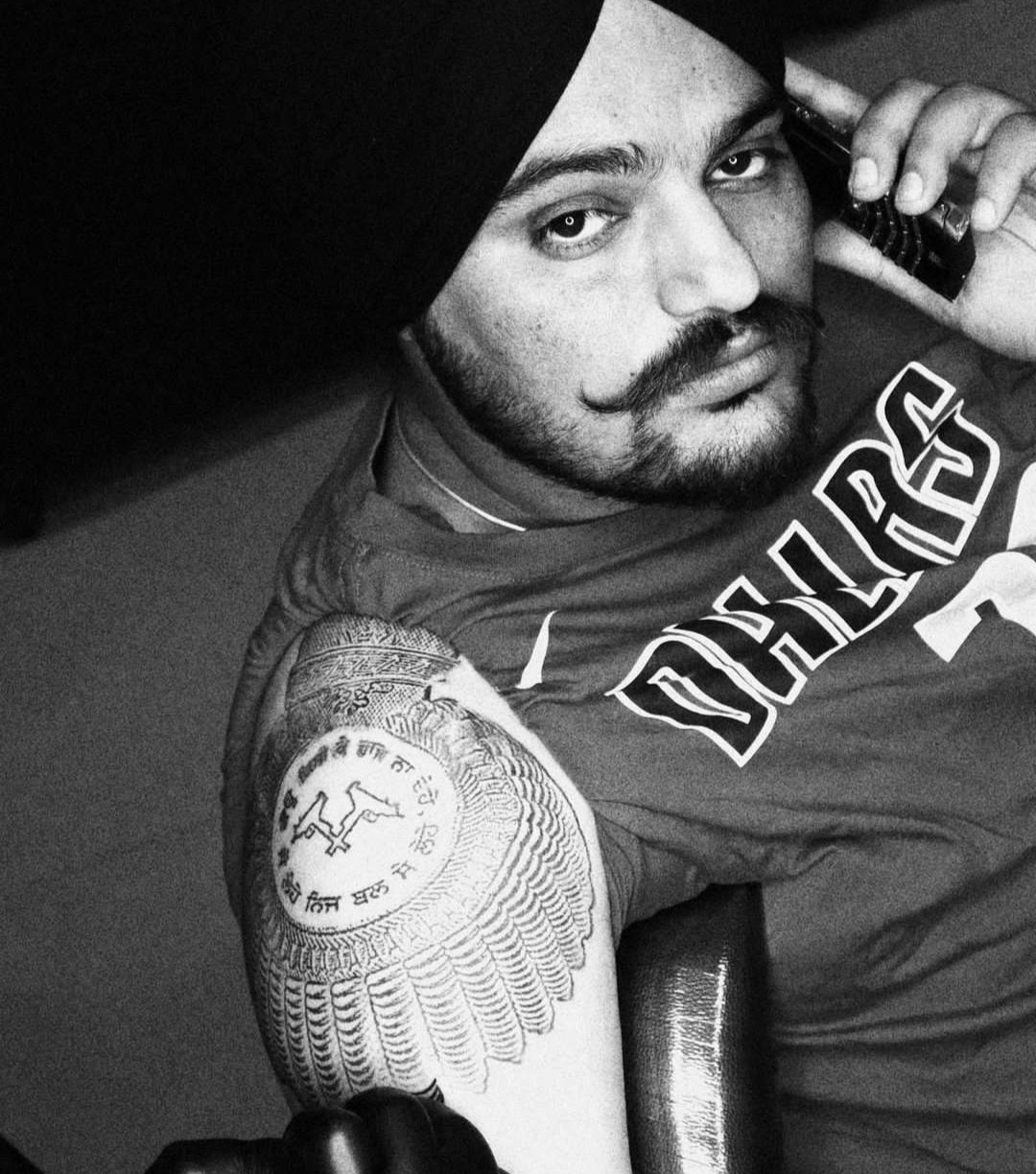
Desi Hip-Hop: A Cultural Fusion of East and West
Desi Hip-Hop: A Cultural Fusion of East and West

Desi hip-hop is a sub-genre of hip-hop that incorporates elements of Indian culture and music into the traditional hip-hop sound. It originated in the early 2000s and has since grown into a thriving movement with a dedicated fanbase.
The term “Desi” refers to the people, cultures, and products of the Indian subcontinent, including India, Pakistan, Bangladesh, and other nearby countries. Desi hip-hop blends the sounds of these cultures with the beats, lyrics, and attitude of traditional hip-hop to create a unique and vibrant musical style.
One of the key features of Desi hip-hop is its use of traditional Indian instruments such as the dhol, tabla, and sitar, which add a unique flavor to the music. The lyrics often touch upon themes such as identity, heritage, and the struggles of South Asian immigrants. Desi hip-hop artists also incorporate elements of bhangra, a popular Punjabi folk dance, into their music and performances, further highlighting the cultural fusion at the heart of the genre.
Desi hip-hop has gained popularity both in South Asia and in diaspora communities around the world. In India, the genre has exploded in recent years, with a growing number of artists and events dedicated to promoting the sound. Desi hip-hop has also become a way for young South Asians to connect with their cultural heritage and express their experiences as immigrants and members of a global community.
One of the pioneers of Desi hip-hop is Panjabi MC, whose hit single “Mundian To Bach Ke” topped charts in several countries and introduced the genre to a wider audience. Other notable artists in the Desi hip-hop scene include Raja Kumari, Naezy, Divine, and Badshah.

Despite its growing popularity, Desi hip-hop still faces challenges and controversies. Some traditionalists in South Asia view the genre as a threat to cultural values and traditions, while others embrace it as a way to connect with a younger, more global-minded generation. In the West, Desi hip-hop is often marginalized or pigeonholed as “exotic”, rather than being recognized as a legitimate art form in its own right.
Despite these challenges, Desi hip-hop continues to grow and evolve, reflecting the experiences and perspectives of a new generation of South Asians. Whether addressing political and social issues, celebrating cultural heritage, or simply bringing a unique sound to the world of hip-hop, Desi hip-hop is a dynamic and important movement in the world of music.
In conclusion, Desi hip-hop is a cultural fusion of East and West that combines the sounds and attitudes of hip-hop with the rich traditions of the Indian subcontinent. With its growing popularity and influence, Desi hip-hop is poised to make a lasting impact on the world of music and beyond.
Appreciate the creator